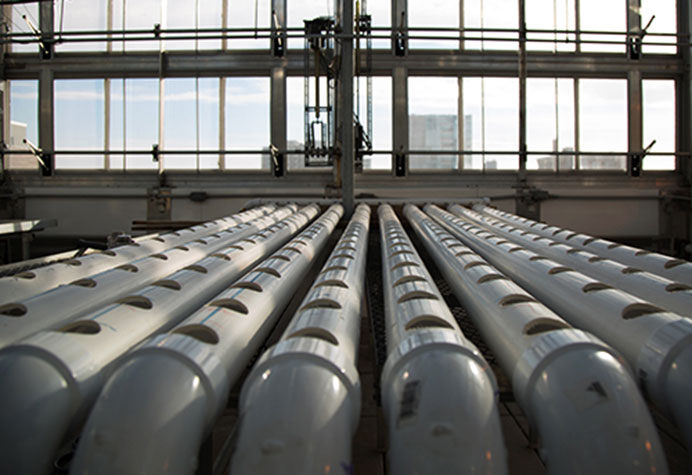Far too often, the terms “global warming” and “climate change” are used interchangeably when, in fact, they mean two completely
different things.
According to NASA, global warming specifically refers the increase in Earth’s average surface temperature because of rising levels of greenhouse gases. Climate change refers to a change in the Earth’s climate. This can manifest in extreme weather conditions, rising sea levels, and shifting of not only animal habitats but plants as well.
Global warming is one symptom of the much larger problem of climate change, and 97 percent of scientists agree its quick progression can be attributed to human activity.
Over the past few decades, global warming and climate change have remained at the forefront of American concerns. Despite the robust amount of evidence produced by scientists over the years to support their claim, some people still deny the effects that global warming and climate change have had on our everyday lives.
Just in 2016 alone, natural disasters cost the U.S. over $1 billion worth of revenue losses. Not to mention that global temperatures in 2016 were one of the warmest temperatures ever recorded since 1880s, alongside the steady climbing concentration of carbon dioxide in the atmosphere.
RELATED: Climate change still roiling U.S. politics
The current increase of the global temperature is occurring at a much faster rate than any other point in history. In fact, NOAA has noted that the current increase of global temperatures surpasses that of any modern civilizations and agricultural development in the past 11,000 years and possibly that of any interglacial warm periods over the last 1 million years.
In the near future, the side effects of global warming itself are likely to have a much greater impact on society than could have ever been anticipated. Meaning, for instance, that the simple rise in sea levels along heavily populated coastlines and the worldwide retreat of glaciers can leave millions of people displaced without fresh drinking water. Not to mention the simply redrawing of the world, disbursement of individuals, and natural habitats.
The best way to slow large-scale global warming and climate change is to mitigate human emissions of greenhouse gases into the atmosphere. While this process alone is a complex and potentially expensive project that has no one solution, 97 percent of scientists agree that we are causing this rapid change. Global warming and climate change together pose a bigger threat to our future than any threat before. It is something that we can prevent, but instead refuse to.
Numerous student organizations on campus — such as the UI Environmental Coalition — are working together to reduce energy use, pollution, and environmental negligence not only on campus but in our communities as well.



